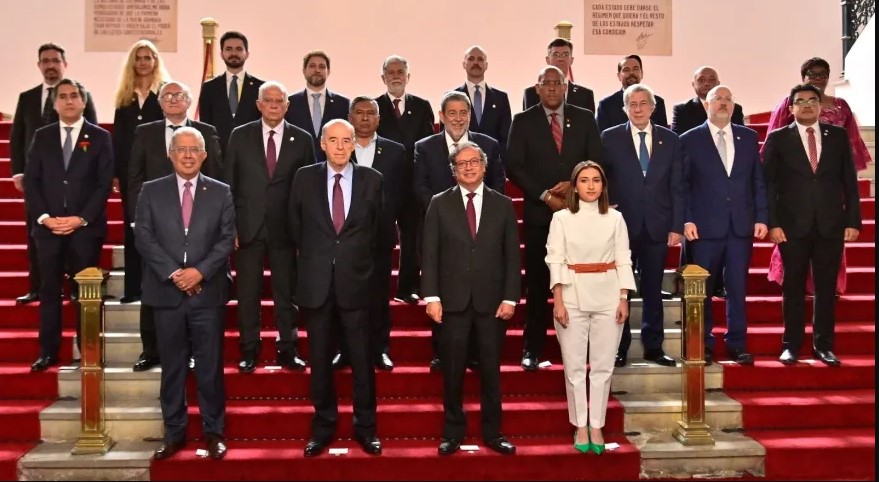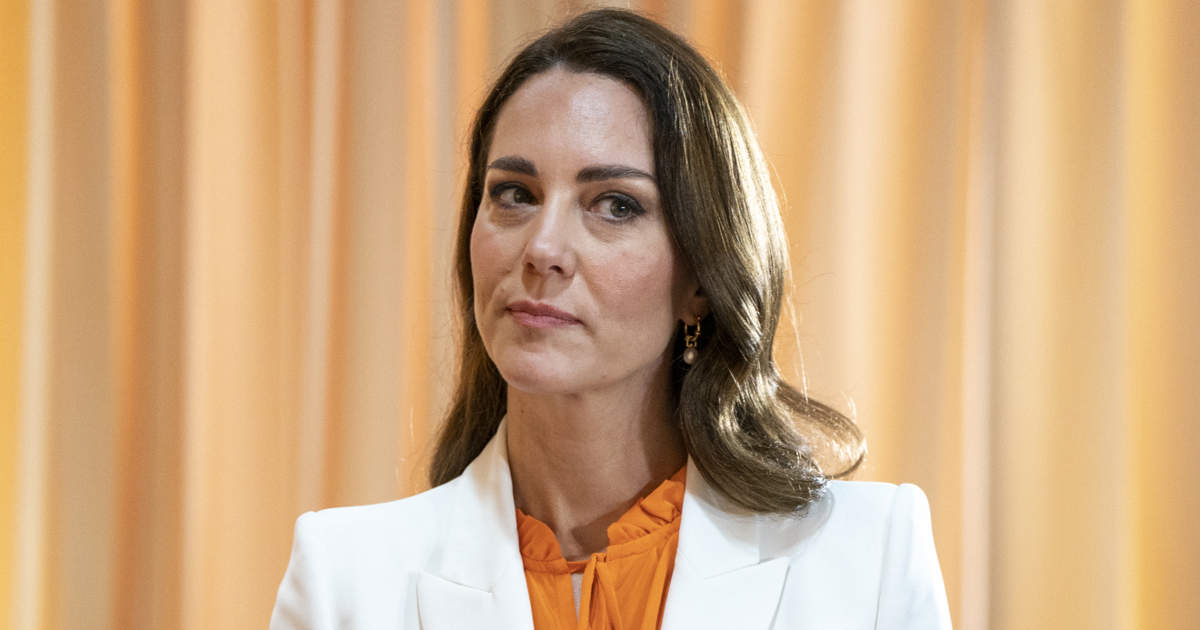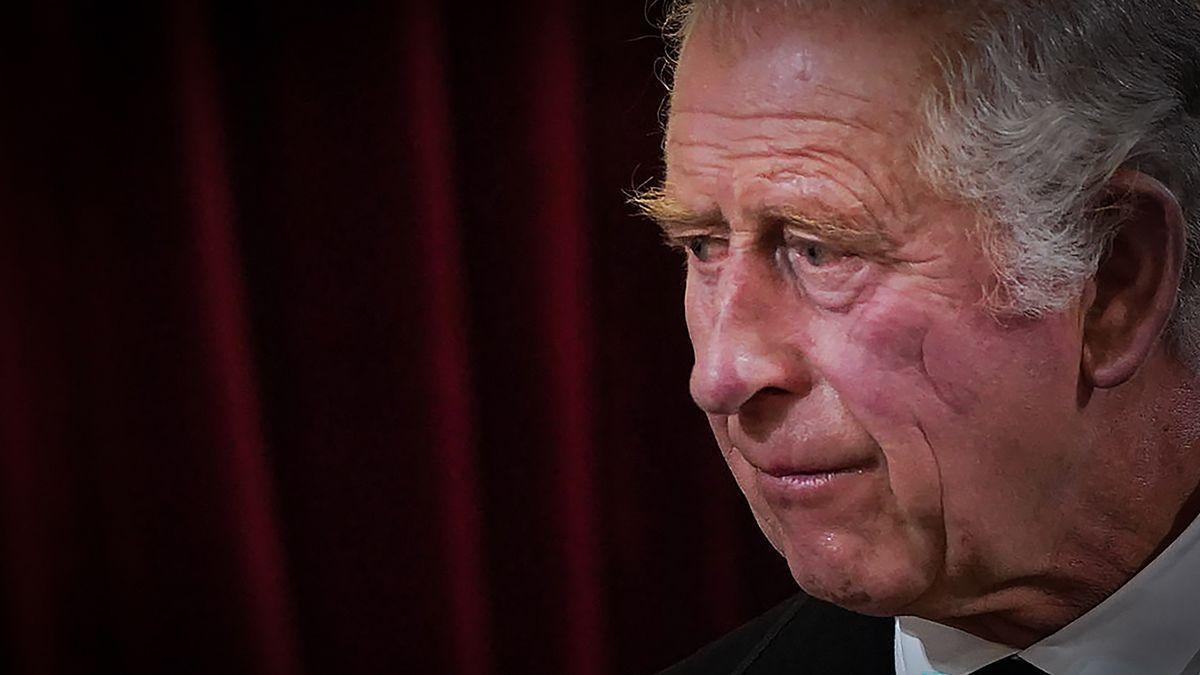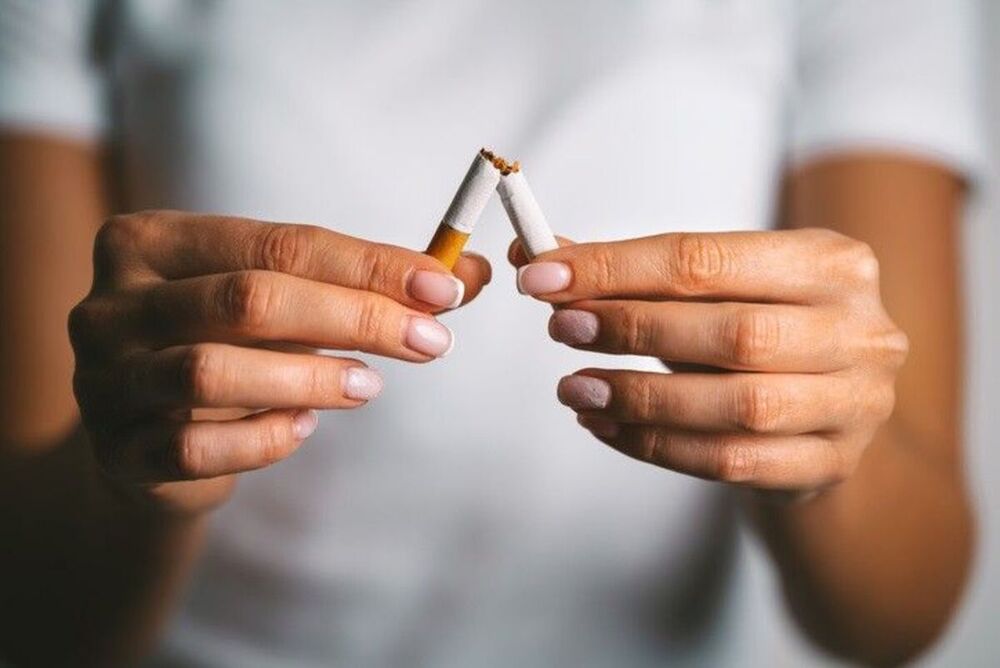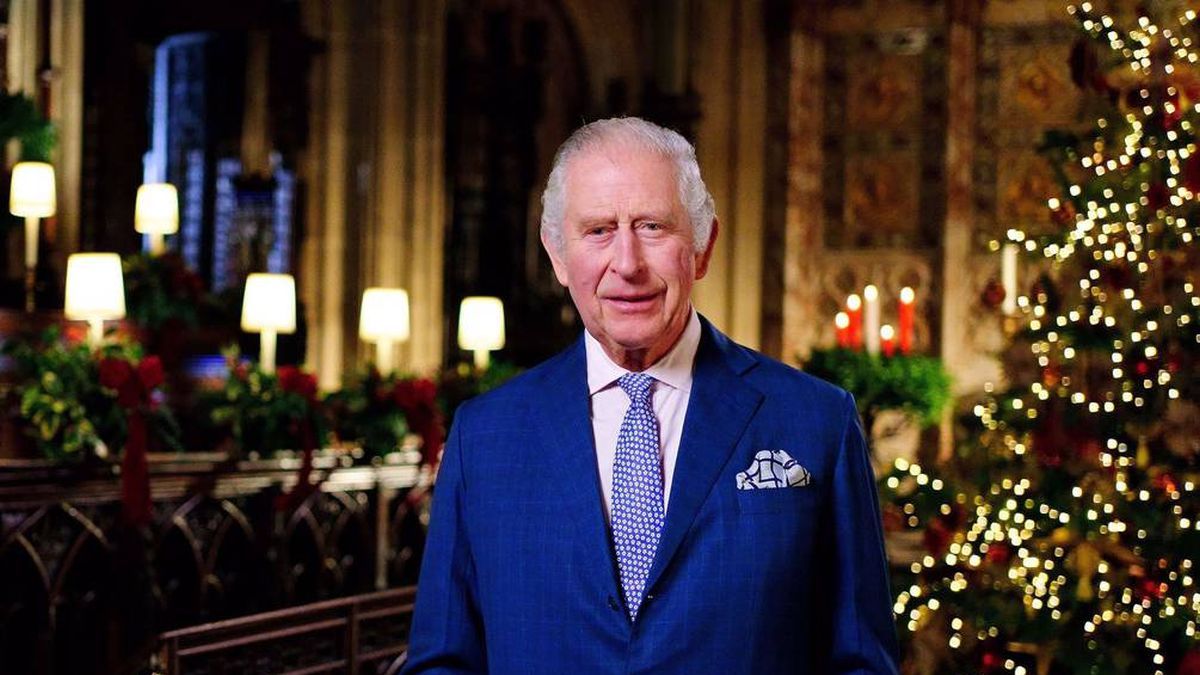BOGOTÁ – The governments of 20 countries on three continents are proposing, at a conference hosted by Colombian President Gustavo Petro, a progressive, balanced solution to the crisis in neighboring Venezuela, with the removal of sanctions against that government in exchange for free and fair elections. .
The conference, on Tuesday, April 25, adopted Petro’s thesis to move towards a solution “on two rails”: a scheduled presidential election in 2024 “so that the people can decide freely and sovereignly what they want”, and that sanctions be lifted as requested by Caracas.
Since President Nicolás Maduro was re-elected in 2018 in an election in which a majority of opponents abstained, considering them fraudulent, the United States, Canada and several European countries have stepped up their economic and financial sanctions against Venezuelan State authorities and companies.
Maduro blames sanctions for the country’s economic disaster, which in the second decade of this century lost four-fifths of its gross domestic product, plunged the majority of the population into poverty and prompted the exodus of more than seven million Venezuelans abroad, mainly to neighbors. like Colombia.
In parallel, power in Venezuela, all in the hands of the ruling party, tightened the institutional and electoral siege on the opposition – there are more than 360 political, civilian and military prisoners -, with the party officially banned and the leader disqualified as a possible candidate. , a sign of uncompetitive choice.
The Venezuelan political crisis, which has captured the region’s attention during the first two decades of this century, will continue for the third decade with no solution in sight, according to the fear and interest expressed by the Bogotá conference.
The governments of Germany, Argentina, Barbados, Bolivia, Brazil, Canada, Chile, Spain, the United States of America, France, Honduras, Italy and Mexico, the host countries of some of the interrupted negotiations between the government and the United States, participated, represented by the foreign minister , ambassadors and other officials of the Venezuelan Opposition.
Likewise, Norway, a country facilitating negotiations in Mexico, Portugal, the United Kingdom, Saint Vincent and the Grenadines (through Prime Minister Ralph Gonsalves, an ally of Maduro), South Africa, Turkey, and the European Union’s top representative for Foreign Affairs and Security Policy, Joseph Borrell.
A 250-word statement after the meeting indicated that there were “identifiable general attitudes” around the three issues, starting with “the need to establish an election timetable that allows free and transparent elections to be held and with full guarantees for all stakeholders.” ”.
In this sense, it stated “the importance of taking into account the recommendations of the European Union Election Observation Mission 2021”, which after the regional elections criticized arbitrary political disqualification, pro-government prominence and lack of judicial independence.
The conference also agreed that “steps agreed upon by the parties (the government and the platform that unites the main opposition groups) are in line with the lifting of various sanctions.”
And then “the continuation of the negotiation process facilitated by the Kingdom of Norway that has been under way in Mexico is accompanied by the accelerated implementation of a single trust fund for social investment in Venezuela.”
In Mexico, last November, the government and opposition platforms agreed to manage 3,000 million dollars, Venezuelan State funds imprisoned in banks in the United States and Europe in the context of sanctions, released for social investment under the coordination of agencies of the United Nations .
Given the delay in releasing resources, Maduro’s government has refused to return to dialogue in Mexico, and is also demanding an end to sanctions and the release of Colombian businessman Alex Saab, whom Caracas regards as its diplomat, detained and prosecuted for several crimes. in the United States.
Finally, the speakers announced that they would meet again to follow up on “the progress achieved” at their meeting in Bogotá,
“It seems that the intention of the Colombian government is for the 20 countries participating in the conference to form a permanent group,” said Mariano de Alba, a consultant at the organization that analyzes International Crisis Group conflictbased in Brussels.
De Alba emphasized that “nothing was achieved at the conference, but the declaration shows what must happen: The United States accelerates the constitution of the Social Agreement fund, Maduro returns to Mexico to negotiate election guarantees and, if they materialize, Washington will lift sanctions”.
The reaction of rivals in Venezuela was positive and grateful to the conference, but each side stressed its own priorities, foreshadowing difficult and possibly prolonged new negotiations, if they materialize.
Minutes after the final declaration was read out in Bogotá, the Venezuelan government reiterated “the existing need to repeal any unilateral, illegal and dangerous act of coercive international law constituting aggression against the entire Venezuelan population.”
In addition, “demand the return of assets belonging to the Venezuelan State that are illegally deposited by foreign states and financial institutions.”
It also “reaffirms that the way forward in political dialogue involves full adherence to the commitments reached at the Bargaining Table in Mexico for the establishment of a Social Fund (…) which includes investments in health, education, public services, and mitigation of risks. ”.
Finally, demanding “the immediate release of Venezuelan diplomat Alex Saab, who was unjustly detained in the United States.”
A statement from the opposition platform celebrated that “there is a consensus of all participating countries on the urgent need to continue, without excuse or further delay, the negotiation process established in Mexico City.”
The Platform believes that the public position presented in Bogotá “provided the necessary impetus to advance sensitive issues, such as the release of all political prisoners.”
Likewise, in “a timetable that allows us to save democracy through the holding of free and transparent elections and with guarantees for all Venezuelan people.”
They added a proposal to take advantage of the international and regional context to form a group of friendly nations in the negotiations on Mexico.
The meeting will be changed by the sudden arrival in Bogotá of Venezuelan opposition leader Juan Guaido, who was the country’s nominal president for three years, as Maduro’s counterpart, according to the National Legislative Assembly elected in 2015 with an opposition majority.
Petro’s government quickly put Guaido on a plane that took him to the US city of Miami, where he would consider seeking asylum.
Petro, finally, reiterated his thesis that Venezuela must return to the inter-American human rights system, which Caracas withdrew from several years ago, as well as from the Organization of American States, which it withdrew in 2019.
AE/HM

“Internet trailblazer. Troublemaker. Passionate alcohol lover. Beer advocate. Zombie ninja.”

